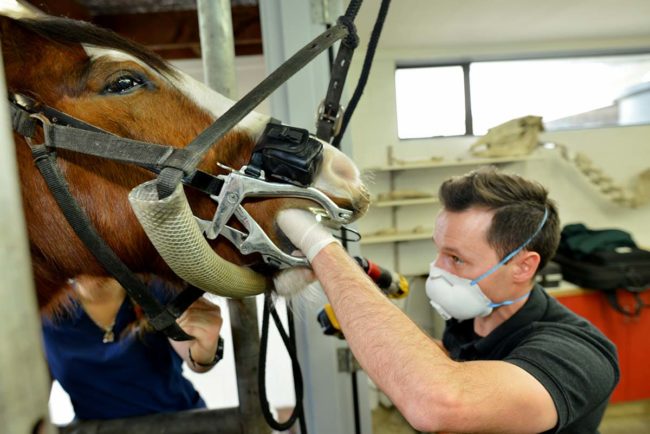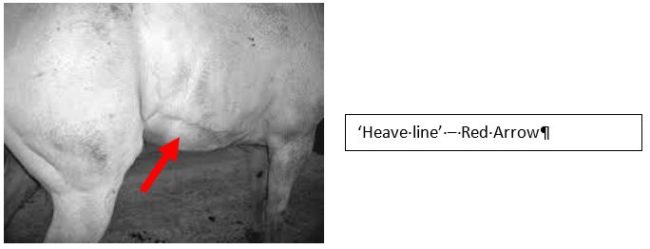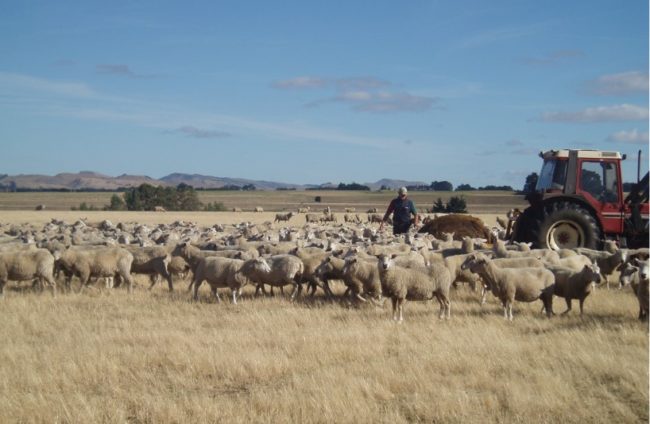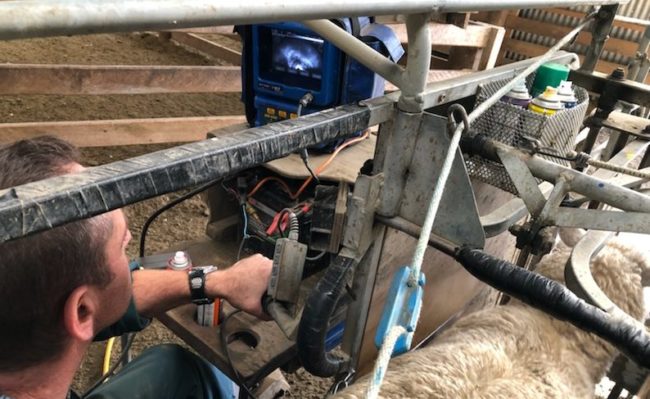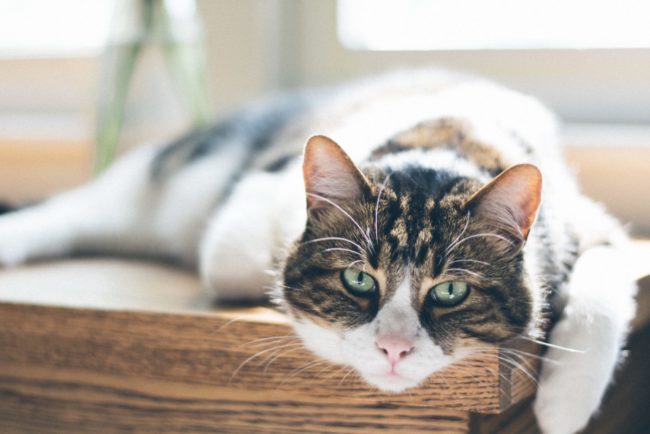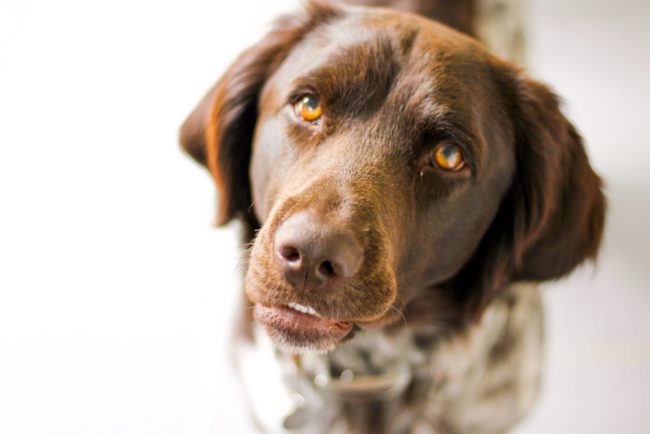COLIC – WHAT A PAIN!
Colic, a word that strikes fear into the heart of every horse owner! But what is it and what can we do? In the simplest sense, colic is a broad term used to describe abdominal pain and the behaviour that we see associated with that pain. This is most commonly associated with the gastrointestinal tract,…




